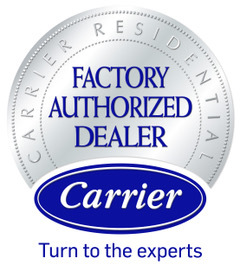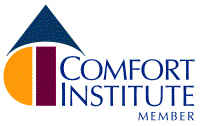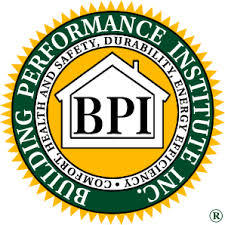Homeowners these days are constantly looking for ways to improve their home’s energy efficiency levels. As the average monthly consumption can skyrocket with wanton energy use, a well-planned approach to energy efficiency can help you maximize your home’s capabilities and significantly reduce expenditures. For homeowners to achieve this, they’ll first need to understand the different factors that affect energy efficiency at home.
Choice of Appliances
Appliances make up 20 percent of a household’s total energy consumption. Add the fact that some appliances, particularly heating and air conditioning, are often misused, that percentage can easily increase.
You can rectify this by making a conscious effort to buy ENERGY STAR® appliances. These appliances and electronics are designed to use up 10 to 15 percent less energy compared to standard models. While that number may seem insignificant, it can add up if you have more ENERGY STAR electronics and appliances at home and greatly decrease the total energy expenditure in your household. Additionally, you can also make use of power strips that you can turn off when not in use to reduce the effect of phantom loads.
Energy-Efficient Lighting
In a typical American home, lighting accounts for around 10 percent of the overall energy cost. As such, homeowners are advised to change the most used lights in their household with energy-efficient light bulbs.
In addition, homeowners can also undertake home improvement ventures that can make the most use of available natural lighting. Such projects include the installation of larger windows, sunrooms, and skylight additions. This way, homeowners will not be as dependent on artificial lighting sources that consume significant amounts of energy.
HVAC Maintenance
Ill-maintained heating and air conditioning systems use up more energy just to keep room temperatures at your desired level. By arranging for a qualified HVAC technician to routinely check up on your system, you can effectively keep it in peak condition so there won’t be any energy wastage. Maintenance for HVAC systems should include checking the airflow over the coil, testing the coolant levels and making sure they are correct, checking the combustion process, and ensuring proper airflow from room to room.
Programmable Thermostat
To further drive energy efficiency up, you can also invest in a programmable thermostat for your HVAC system. This can give you total control over indoor cooling and heating to lessen the amount of wasted energy. Doing so can help you reap an estimated 10 percent on annual cooling and heating costs.
Reduce Energy Usage at Home
Understanding these factors is the first step toward bringing down your household’s total energy expenses. With a careful plan and precise execution, you can boost your home’s energy efficiency. Consulting your HVAC technician can illuminate the different ways you can do this.
M and M Heating and Air Conditioning Service Co. can help you achieve your goal of an energy-efficient home. With over 40 years of experience in the HVAC industry, you can count on us to offer you the most tangible solutions and our A+ rating from BBB is a testament to that.Call us today at (209) 952-6580 to schedule an appointment.









Leave a Reply